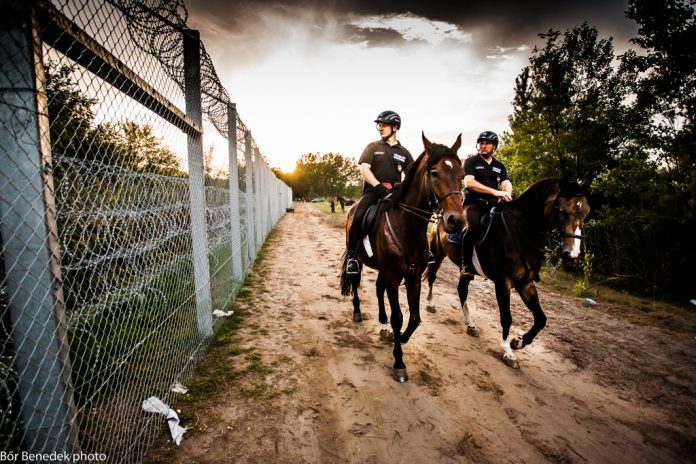Hungary has reportedly stopped handing out food to rejected asylum seekers being held in transit zones on the country’s border with Serbia. This move has been harshly criticised by Human Rights Watch.
“The government has stooped to a new inhumane low by refusing food to people in their custody, apparently revelling in breaching human rights law, including its obligations as a European Union member,” said Lydia Gall, Eastern EU and Balkans researcher at Human Rights Watch. “This disregard for people’s wellbeing smacks of a cynical move to force people to give up their asylum claims and leave Hungary.”
According to the group, two Afghan families and a pair of Syrian brothers are among those who were denied food after their asylum applications were rejected under a new admissibility procedure. While a breastfeeding woman and children in the Afghan families were provided with food, they were prohibited from sharing it with other family members, the families’ legal representatives told Human Rights Watch.
Acting on an emergency appeal filed by the Hungarian Helsinki Committee (HHC), the European Court of Human Rights (ECtHR) ordered Hungarian authorities on August 10 to resume food distribution for the two Afghan families and has since issued similar orders in response to three other appeals, including on behalf of the Syrian brothers.
While authorities have respected the court orders thus far, dozens of other rejected asylum seekers may face food deprivation, Human Rights Watch said.
Amendments to Hungarian asylum law enacted on July 1 allow authorities to deport asylum seekers whose claims have been deemed inadmissible even if they appeal the decision. Nearly all asylum claims by people who entered Hungary via Serbia or any other country listed as a safe third country under Hungarian law are considered inadmissible.
As reported by Deutsche Welle (DW), Germany’s international broadcaster, the Immigration and Asylum Office (IAO) in Budapest has said authorities have no obligation under Hungarian law to provide food to rejected asylum-seekers in transit zones.
Andras Lederer, an advocacy officer with the Hungarian Helsinki Committee, told DW that authorities appear to want to make the situation difficult for rejected asylum-seekers by forcing each to apply individually to ECHR.
“What we see is that despite the fact that the European Court of Human Rights granted the interim measures, ordering the authorities to provide food to these people, the Immigration and Asylum Office only does so after each individual applied to the court and the court made such a decision,” he said.
“It seems that all of those who applied for asylum after July 1, 2018 will, sooner or later, find themselves in this situation: They will be given an inadmissibility decision because they transited through Serbia,” he said. “As a consequence of this, they will be placed under alien policing procedures, in the transit zone, pending their expulsion to Serbia. While they are under alien policing procedures in the transit zone, they are not given food.”

